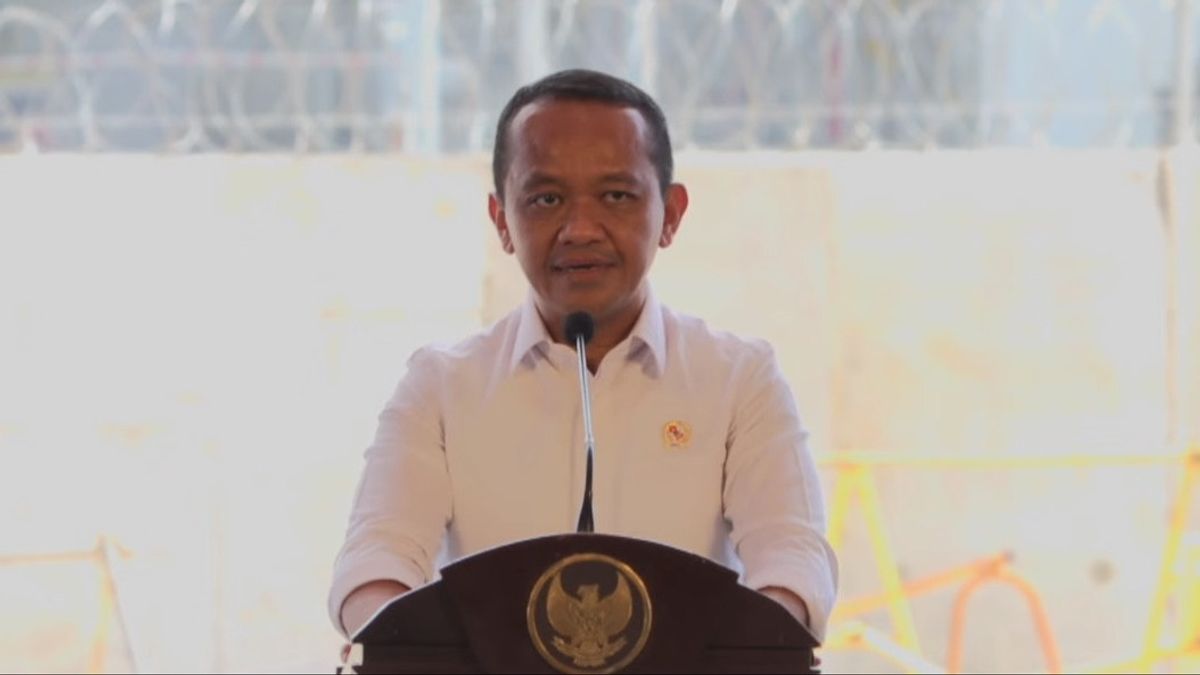JAKARTA - Minister of Energy and Mineral Resources (ESDM) Bahlil Lahadalia responded to the exit of the United States from the Paris Climate Agreement or the Paris Agreement. Bahlil said, the departure of the US from this agreement made Indonesia a dilemma in efforts to develop new energy and renewable energy.
This is because the US agreement is also one of the countries acting as the initiative Paris Agreement.
"You started it, but you also ended it," said Bahlil in his remarks on the agenda of 'Accelerating Indonesia's Economic Growth: Challenges and Opportunities in the New Era', in Jakarta, Thursday, January 30.
He continued, as a consequence of the Paris Agreement, all countries then committed to transitioning energy and world financial institutions will finance green energy projects.
For this reason, the US resignation from the Paris agreement then raises doubts for Indonesia to continue its commitment to the agreement.
What makes this uncertainty one of them is global political dynamics. The Paris Agreement is a global consensus, we are forced to follow it, even though the baseline we have is not as good as them, these G7 countries, explained Bahlil.
Bahlil continued, the process of transitioning energy from fossil energy to renewable energy requires a lot of money.
With the exit of the United States as one of the initiators of the Paris Agreement and the receding of financing institutions for renewable energy projects, Bahlil reconsiders the fate of the development of new and renewable energy in Indonesia.
"We shouldn't get trapped. That's why we have to calculate well. This is between gas and brakes, such as managing COVID-19," said Bahlil.
SEE ALSO:
Earlier on Monday, January 20 local time after his inauguration, US President Donald Trump stated that the US would withdraw from the 2016 Paris Climate Agreement because it considered the agreement unfair and biased.
On the same day, Trump signed an executive order to formally withdraw from the agreement.
The Paris Agreement on climate change was adopted in 2015 by 195 members of the United Nations Framework Convention on Climate Change.
The purpose of the Paris Agreement is to limit the increase in global average temperature to well below 2 degrees Celsius above pre-industrial levels, and should be close to 1.5 degrees Celsius.
The English, Chinese, Japanese, Arabic, and French versions are automatically generated by the AI. So there may still be inaccuracies in translating, please always see Indonesian as our main language. (system supported by DigitalSiber.id)
















